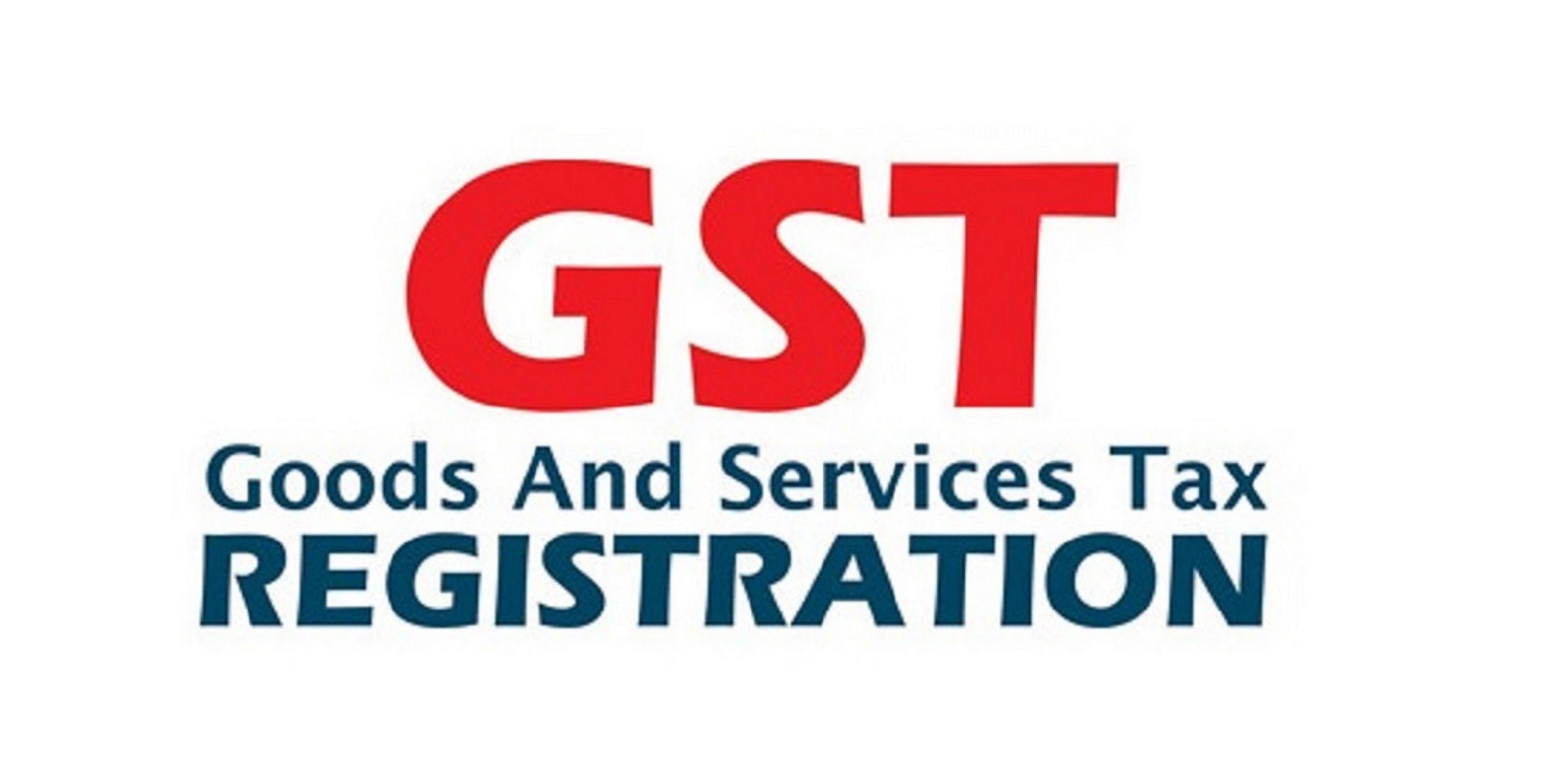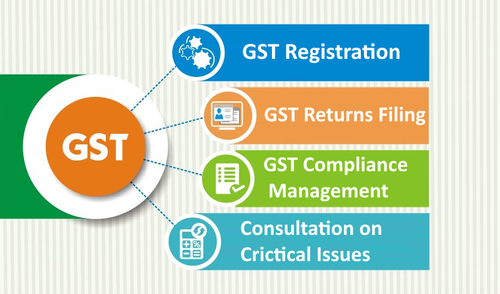Why Singapore GST Registration is Vital for Your Startup
Why Singapore GST Registration is Vital for Your Startup
Blog Article
The Ultimate Overview to Simplifying the GST Registration Process and Needs for Small Business Owners

Understanding GST Essentials
To understand the fundamentals of the Goods and Solutions Tax Obligation (GST) system, small organization owners need to first understand its underlying principles and ramifications. GST is a value-added tax levied on many goods and solutions for domestic consumption. It aims to improve the taxation procedure by changing multiple indirect tax obligations imposed by the state and central federal governments. Under the GST routine, businesses are required to collect and register tax obligation in support of the government, making certain openness and conformity.
One of the essential principles of GST is input tax debt, which allows businesses to claim debt for tax obligations paid on their purchases. This system prevents the plunging result of taxes and advertises efficiency in the tax system. In addition, GST is a destination-based tax obligation, indicating that the tax obligation is levied at the factor of intake instead of the point of origin. This ensures fair distribution of tax obligation profits amongst states based on where the items or services are taken in. Understanding these fundamental principles is critical for small organization proprietors to navigate the complexities of the GST system and guarantee compliance with the legislation.
Qualification Requirements for Registration
Having actually established a foundational understanding of GST principles, small company owners must currently fulfill particular eligibility standards to proceed with the enrollment process (Singapore GST Registration). Companies that were registered under the previous tax obligation regimen (VAT, service tax obligation, etc) are additionally mandated to sign up under GST. Agricultural organizations that only supply produce out of main production are excluded from GST registration.
Papers Required for GST Enrollment

Simplified Enrollment Process Steps
Complying with the collection and confirmation of the requisite papers, the enrollment procedure for GST can be browsed via a series of streamlined steps developed to assist in efficient conformity for tiny index business owners. The very first step entails seeing the GST portal and picking the 'New Enrollment' alternative. Subsequently, the applicant needs to load in Component A of the GST REG-01 kind with details such as PAN, mobile number, and e-mail address to acquire an OTP for confirmation. As soon as the OTP is gotten and gotten in, a Temporary Reference Number (TRN) is produced for further proceedings. The next action needs completing Part B of the kind with required service details, uploading sustaining documents, and completing the confirmation process making use of DSC or EVC. Upon successful verification, an Application Reference Number (ARN) is released, showing the conclusion of the GST registration process. By adhering to these simplified actions, small company owners can successfully register for GST and make sure conformity with tax regulations.
Tips for Ensuring Conformity
To maintain regulatory adherence and operational stability, diligent oversight and aggressive steps are critical in guaranteeing compliance with GST demands for little business proprietors. Tiny service owners need to stay updated with GST policies, filing due dates, and any adjustments in tax rates to prevent charges and preserve a great standing with tax authorities. Going to GST understanding workshops or training programs can improve understanding and compliance with GST policies, eventually profiting the organization in the long run.
Conclusion
In conclusion, local business proprietors need to understand the fundamentals of GST, satisfy the qualification standards, gather needed papers, and comply with the simplified enrollment find process actions to make sure conformity. By streamlining the GST registration process and requirements, small company owners can stay clear of fines and run their companies efficiently within the legal framework - Singapore GST Registration. It is vital for local business owners to remain informed and compliant with GST guidelines to maintain a successful business operation
Tiny company proprietors looking for GST registration must guarantee they collect and submit the needed papers to finish the enrollment procedure efficiently. The files required for GST registration normally consist of evidence of organization enrollment or incorporation, FRYING PAN (Irreversible Account Number) card of the organization identification, entity and address evidence of the promoters/partners/directors, pictures, address evidence of the place of organization, bank account declarations or terminated cheques, and authorization forms. Participating in GST recognition workshops or training programs can boost understanding and conformity with GST regulations, eventually profiting the organization in the lengthy run.
By simplifying the GST enrollment procedure and demands, tiny company owners can prevent penalties and run their companies efficiently within the lawful framework. It is critical for small organization owners to stay educated and certified my site with GST policies to preserve a successful organization procedure.
Report this page